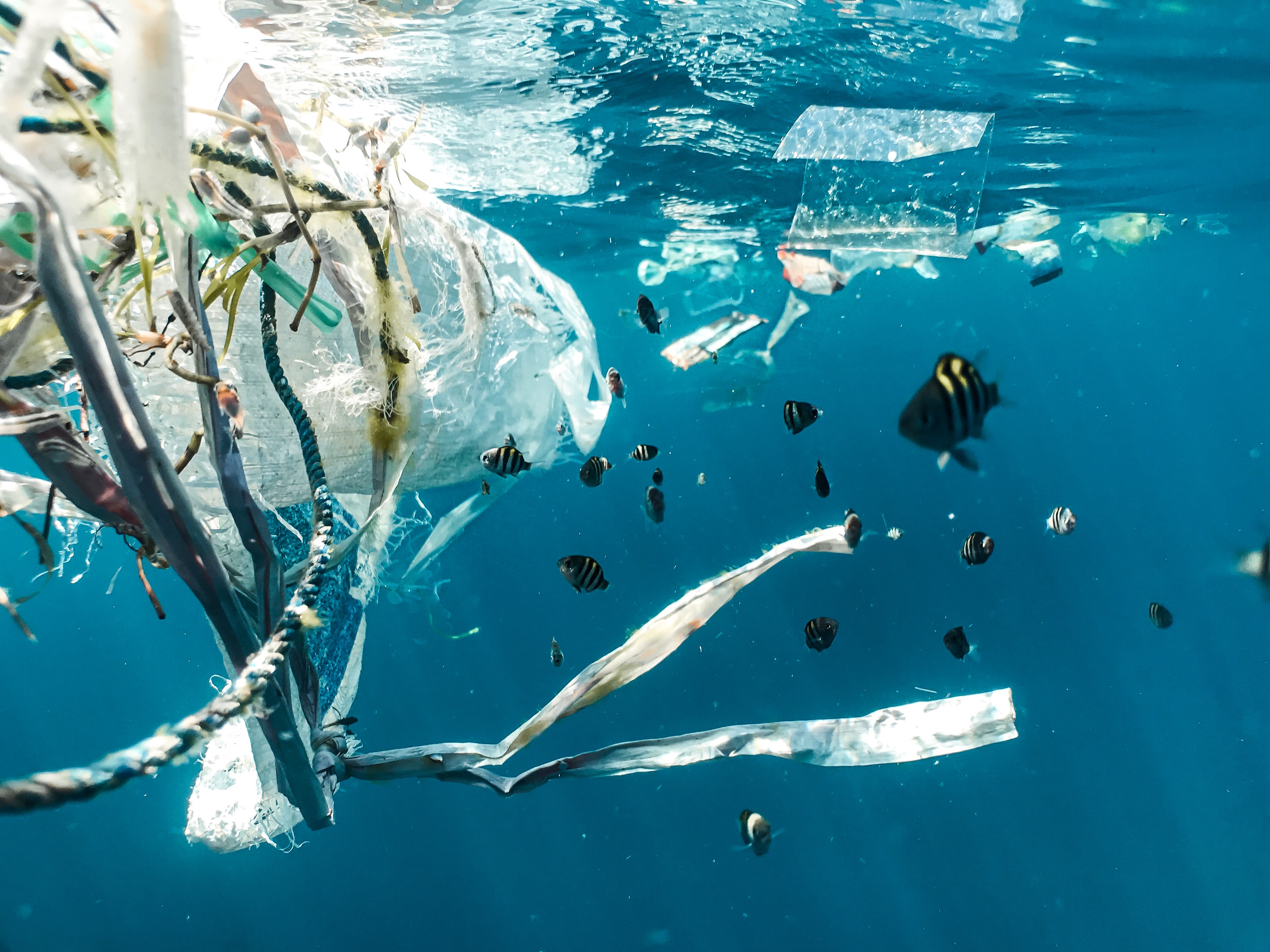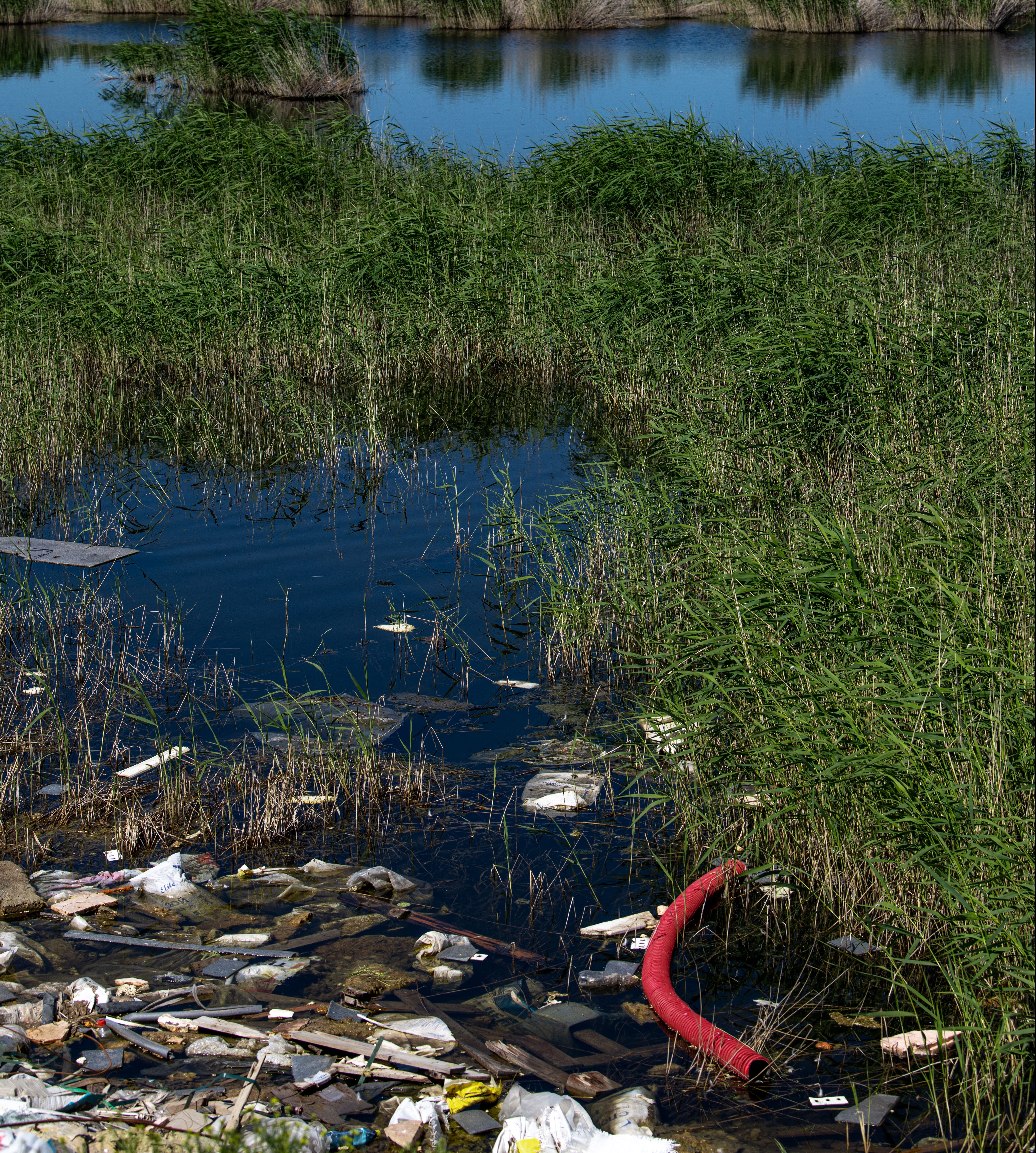Introduction
Plastic pollution in the ocean has become a pressing environmental issue in recent years. As plastic waste accumulates in our oceans, it significantly threatens marine life, ecosystems, and human health. In this article, we will delve into the various causes of plastic pollution in the ocean and explore the impact of this global crisis.
What is Plastic Pollution?
Plastic pollution refers to the presence of plastic debris in the environment, particularly in aquatic ecosystems like oceans and seas. The durability and low degradability of plastics make them persistent pollutants that can persist in the background for hundreds of years.
The Growing Problem of Ocean Plastic Pollution
 Ocean plastic pollution is a growing problem with severe consequences for the planet. Every year, millions of tons of plastic waste end up in the ocean, endangering marine life and ecosystems.
Ocean plastic pollution is a growing problem with severe consequences for the planet. Every year, millions of tons of plastic waste end up in the ocean, endangering marine life and ecosystems.
Sources of Plastic Pollution
– Single-Use Plastics
Single-use plastics, such as plastic bags, straws, and disposable cutlery, contribute significantly to ocean pollution. These items are often used for a short time but can persist in the environment for hundreds of years.
- Read more in our article: Single Use Plastic
– Inadequate Waste Management
Lack of proper waste management, especially in coastal regions and developing countries, leads to plastic waste finding its way into the ocean.
– Illegal Dumping
Irresponsible dumping of plastic waste by industries and individuals into rivers and oceans is a major source of pollution.
– Microplastics from Personal Care Products
Microplastics, tiny plastic particles found in exfoliating scrubs and other personal care products, eventually end up in the ocean, posing a threat to marine life.
– Fishing Gear and Aquaculture
Discarded fishing gear, such as nets and lines, and aquaculture equipment contribute to plastic pollution when lost or abandoned at sea.
The Role of Rivers in Carrying Plastic Waste
 Rivers play a significant role in transporting plastic waste from land to the ocean. Plastic debris from inland areas often ends up in rivers, which then carry them to the sea.
Rivers play a significant role in transporting plastic waste from land to the ocean. Plastic debris from inland areas often ends up in rivers, which then carry them to the sea.
Global Trade and Plastic Packaging
The global trade of goods results in vast amounts of plastic packaging, much of which ends up in the ocean due to inadequate waste management.
Initiatives and Solutions
Addressing plastic pollution requires global efforts and innovative solutions. Some key initiatives include international collaboration, recycling and the circular economy, plastic bans and regulations, public awareness and education, and technological innovations.
Conclusion
Plastic pollution in the ocean is a critical environmental challenge that demands urgent action. By understanding the various causes of plastic pollution and adopting sustainable practices, we can work towards a cleaner and healthier ocean for future generations.
- Read more on this topic: The Ocean of Plastic: A Speculative Look At The Impact By Us On The World

